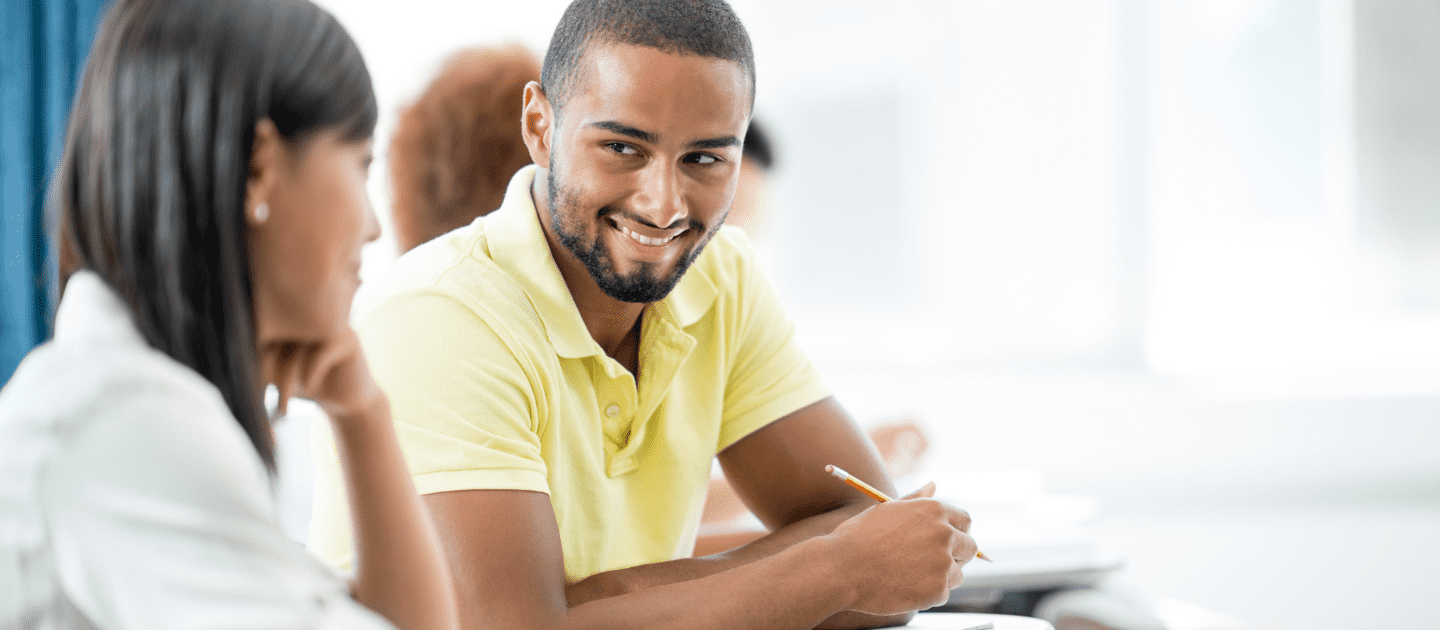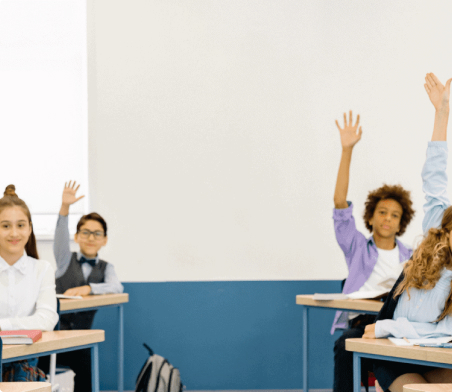
Social-Emotional Learning and Self-Advocacy for Students with Disabilities
Identifying these internal and external factors can help universities ensure that they have the necessary resources in place to support students with disabilities.
24 Dec 2022

